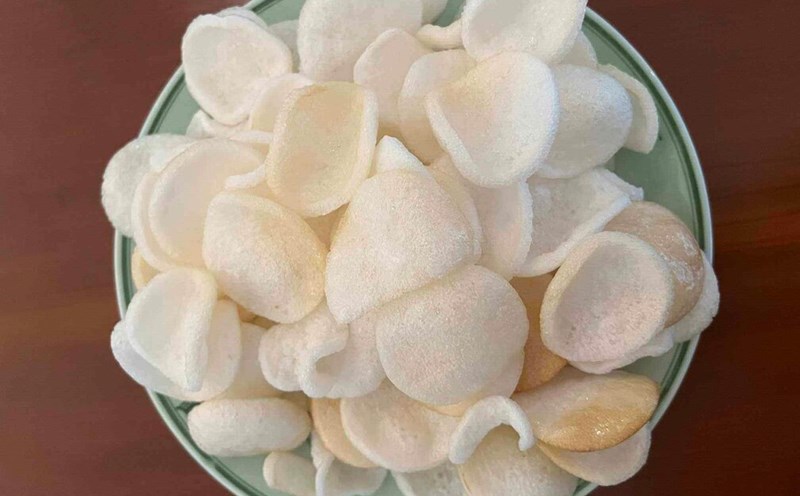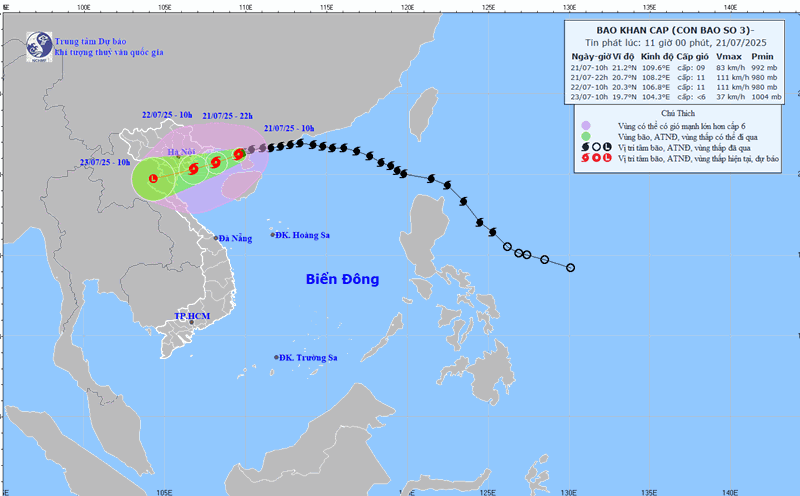People with impaired kidney function (also known as kidney failure) need to follow a strict diet to reduce the burden on the kidneys, support treatment and improve quality of life.
Lunch needs to be carefully constructed to balance the supply of energy and control factors that cause kidney damage.
Limit animal protein, prioritize plant protein: Protein intake should be limited to a suitable level according to the stage of disease, especially in the 3-5 stage of chronic kidney failure. Plant protein from beans, beans, and nuts not only reduces the ure metabolism burden on the kidneys but also improves the intestinal microflora, helping to reduce endogenous toxins. However, in the final stage or blood filtration, it is necessary to adjust the amount of protein according to the doctor's instructions.
Reduce sodium (salt) and potassium: The World Health Organization recommends that kidney patients reduce sodium intake to below 2,000 mg/day to control blood pressure and reduce edema. Many potassium-rich foods such as bananas, potatoes, and tomatoes should be limited because weak kidneys do not fully filter potassium, leading to increased blood potassium - dangerous for the heart.
Limit phosphorus and choose less processed foods: Processed foods contain a lot of inorganic phosphorus, which is easy to absorb and causes deposits in blood vessels and bones in people with kidney failure. For lunch, you should eat white rice, boiled vegetables (low- potassium vegetables such as cabbage, cucumber), steamed fish or boiled lean meat, avoid frying and packaging spices.
Divide your portions and eat them on time: Divide your portions to reduce the sudden burden on your kidneys. Eating lunch on time helps stabilize blood sugar and supports the body's metabolic function.
A suggestion for lunch for people with kidney failure and weak kidneys: Pan-fried salmon, boiled chicken, squash soup, boiled vegetables and a bowl of brown rice.











